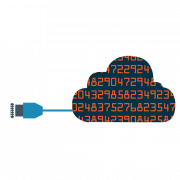All Articles in Email marketing
Advocate General opinion in Planet49 indicates that cookie consent must be active and separate in an online lottery
Fix up, look sharp: fears of electoral foul play if laws aren’t reformed
Who you gonna nuisance call? No-one!
Updated direct marketing guidance from the ICO?
Europe | ePrivacy Regulation update
e-Privacy Regulation regains momentum. Nick reports on the changes in the latest draft, including updates to cookies and soft opt-in.
Fundraising Preference Service launches
Art29WP publishes opinion on the draft e-Privacy Regulation
10,000 views required before YouTubers can start to make ad money
ICO promotes virtues of transparency in building customer trust
Recent ICO enforcement action against two major charities highlights the importance the regulator places on transparency in building customer trust. What are the implications for other organisations aiming to unify customer privacy and business innovation? Jon Round reports.
Cost-neutral not free, says ASA
Was an advert promising businesses an upgrade of “free” low-energy LEDs genuine, or in the same mythical category as a “free lunch”? Thomas Spanyol reports the ASA’s view.
Coral comes under fire from the ASA for misleading ads
What lessons can be learned from a string of rulings against the gambling operator for its targeted promotions and time-limited offers? Jamie Heatly reports.











